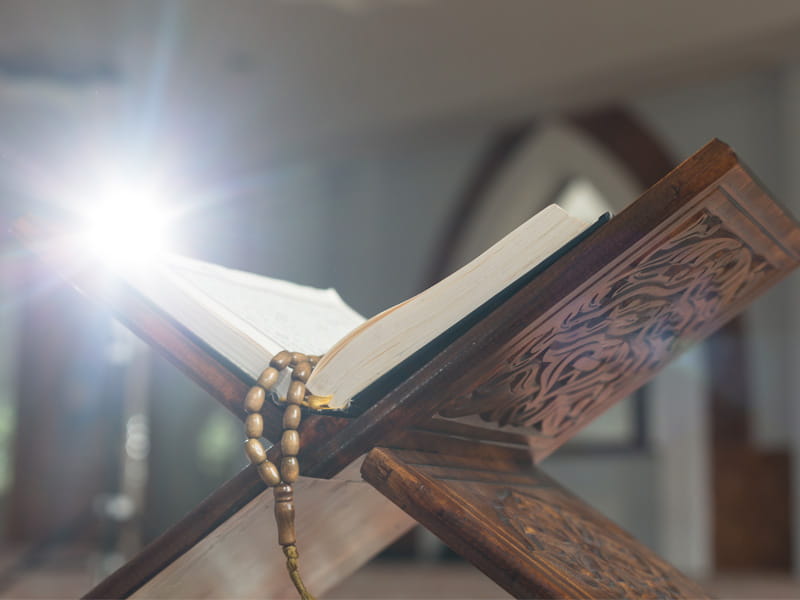Brought to you by The New Republic Online
 When I arrived in Israel several months ago to begin a yearlong fellowship, I was greeted with open arms. Seeing my dark hair and "Eastern" look, Israelis assumed I was a Sephardic Jew. And, hearing my American accent, they assumed I was an Iranian-American Jew who had come to Israel to study and reconnect with her religious roots. And they were partly correct: I am American, I am of Iranian heritage, and I am here to study. But they got one thing wrong: I am not Jewish.
When I arrived in Israel several months ago to begin a yearlong fellowship, I was greeted with open arms. Seeing my dark hair and "Eastern" look, Israelis assumed I was a Sephardic Jew. And, hearing my American accent, they assumed I was an Iranian-American Jew who had come to Israel to study and reconnect with her religious roots. And they were partly correct: I am American, I am of Iranian heritage, and I am here to study. But they got one thing wrong: I am not Jewish. By birth, I am Muslim. But, growing up in Southern California's exiled Iranian community, the world of my childhood was passionately secular. My family came to the United States in 1979, unsure of how long we would be staying but certain of our distaste for politicized religion. And, as the years passed, we felt increasingly betrayed by Islam, as we saw our religion used to divide and demonize our country, legitimize theocratic tyrants, and eliminate freedom of thought from all walks of life. Embracing a secular identity was our family's--and much of the rest of the exile community's--response. In that community, ethnic heritage was front and center, but religion was mostly a private matter--something that had little bearing on how you were publicly perceived. Indeed, I didn't know (or care) who among my Iranian friends was Muslim or Jewish until we turned 13 and the Bar and Bat Mitzvah invitations began to arrive in the mail.
In Israel, I learned, such ambiguity is not permitted. Upon discovering my background, Israelis and Palestinians were quick to explain to me where I fit in and whose side I was on--in essence, who I really was. Some Israelis saw my allegiance as a kind of equation. During a weekend I spent in Haifa with an Israeli friend's family, my friend's uncle, after inquiring about my background, pronounced: "If your family left Iran at the time of the revolution, you must have been sympathizers with the Shah, and since the deposed Shah of Iran was an ally of Israel, then you must be a sympathizer with Israel." And, with that, he relaxed. It was quite a relief, apparently, not to have an ambiguously aligned guest in his home.
The Palestinians I've met haven't been much different. One afternoon in the Old City of Jerusalem--an area overflowing with tourists before Ariel Sharon's controversial visit to the Temple Mount last September--I navigated the mazelike marketplace that fills the walkways between the Western Wall, the Church of the Holy Sepulchre, and the Al-Aqsa mosque before stopping at a colorful kiosk in the Muslim Quarter to buy spices. As a Palestinian man filled the small bags with my requests, he asked where I was from. "America," I replied. Not satisfied, he probed further: "But where is your family from?" "From Iran," I said. He turned around and called out to two nearby elderly men engrossed in a game of backgammon. They came over to the kiosk, and the older of the two began thanking me profusely. Confused as to why he was so appreciative of my paprika purchase, I asked, "Thank you for what?" "THANK YOU FOR HEZBOLLAH!" he repeated over and over. Apparently not registering the disconcerted look on my face, he continued to smile and nod approvingly. I walked away in shock, wondering if I should have explained that I actually have even more reason than the average Jewish Israeli to oppose Hezbollah. But I kept quiet, because I assumed, naively, that this would be an isolated experience.
I don't pretend that the Los Angeles of my youth represents the apex of human civilization. But living for several months in a country obsessed with religious classification has made me appreciate growing up in a place where I was allowed to decide for myself whether or not I wanted a religion to call my own. Though both America and Israel are rightfully proud of their traditions of political democracy, only America leaves room for one to have a truly secular identity. In the United States, in fact, the more ambiguous you are, the better: Keep your religion, politics, sexual orientation, and the like to yourself, and people feel more comfortable having you around. As the old American cliche goes: Don't talk about politics or religion with strangers. To be sure, that hesitancy to categorize and be categorized sometimes makes American culture seem vacuous or superficial. But here, if people do not know your identity coordinates, you are perceived as a threat. My time in this country of religious passion and religious majesty has confirmed in me a deep belief in the value of a secular society and a secular state. After all, the insistence on religious classification implicitly threatens those who don't define themselves by religious doctrine. Not long ago, the most glamorous hotel in the Gaza Strip burned down. Its destruction was not the result of an electrical malfunction or a misdirected Israeli missile; it was torched by a group of Palestinians angry that the hotel bar served alcohol. Many years from now, I will know the perpetual strife between Israelis and Palestinians has subsided not when a new Camp David accord is signed, or even when clashes between the two groups stop, but when some level of ambiguity is allowed to enter everyday life.
Read more on politics, the arts and cyberspace at The New Republic Online

